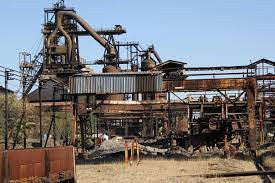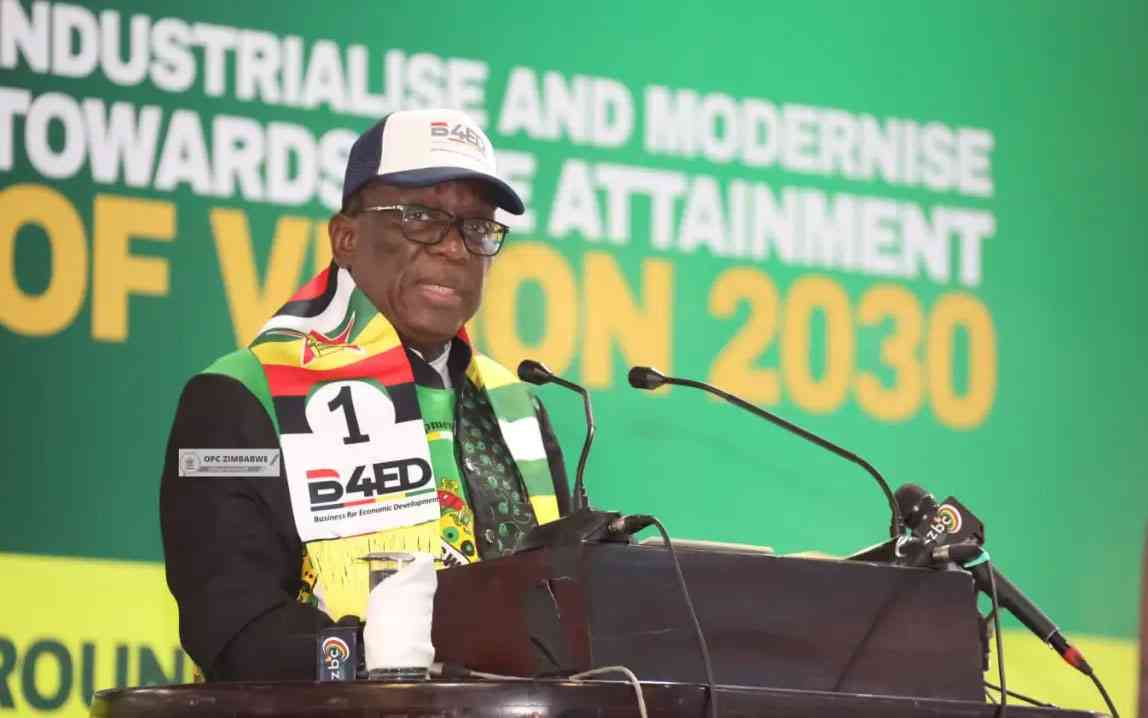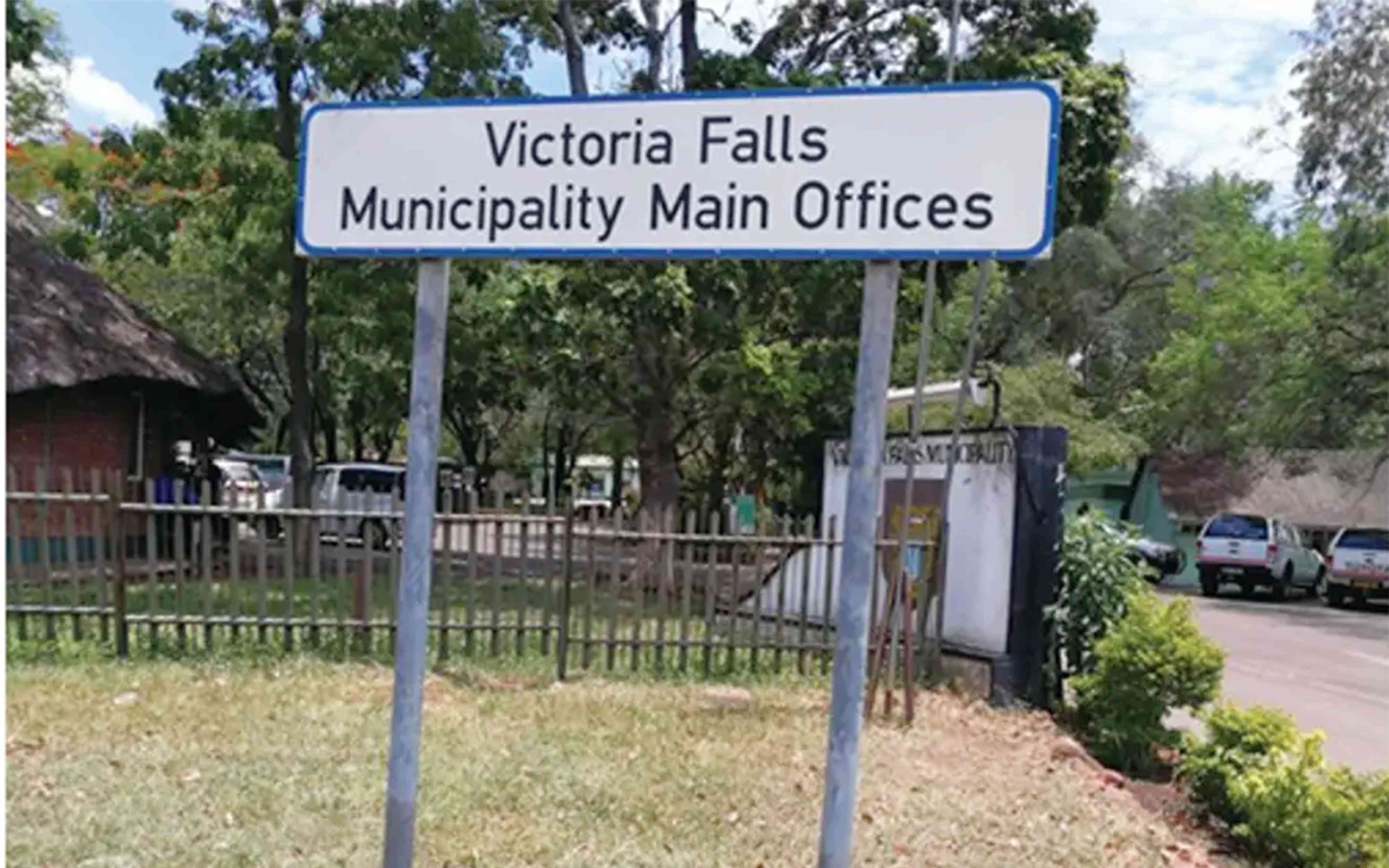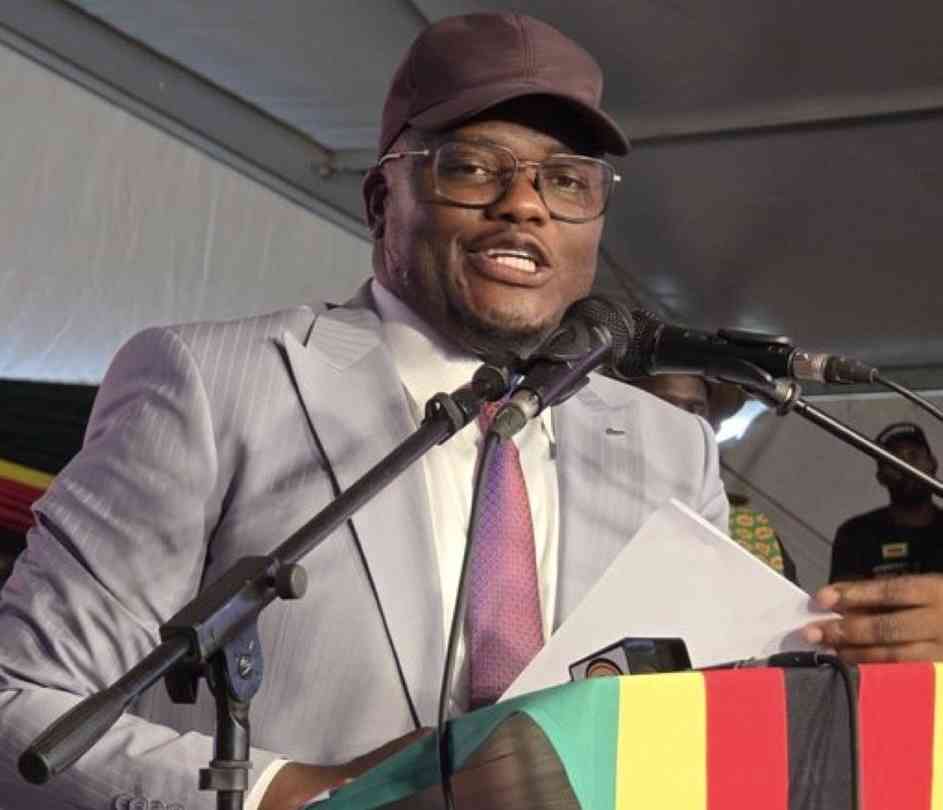
STATE-run resources firm Kuvimba Mining House (KMH) has been given a Cabinet approval to sell Ziscosteel’s vast iron ore reserves worth about US$500 million, officials said this week.
The government holds 65% shareholding in the firm. KMH has injected US$1 million into the firm under a revitalisation plan entered with government in 2022. Ziscosteel has been defunct for the past two decades. This week, Cabinet resolved that KMH would dispose of five million tonnes of Ziscosteel’s reserves.
“Under the mining project, KMH will initially invest US$1 million into the steelmaking plant. The process will commence with the sale of five million tonnes of the iron ore fines stockpiles at Buchwa Mine in Mberengwa,” Information minister Monica Mutsvangwa said in a Cabinet statement.
The Cabinet noted that KMH will raise US$300 million for Zisco through local sales of iron ore.
According to tradingeconomics.com, a global commodity pricing journal, the price of a tonne of iron ore fines peaked at US$130 in March 2023 before dipping to US$107 in May this year.
This means if KMH sells five million metric tonnes at the May price, it will rake in US$535 million. Following a series of botched transactions to identify a suitable revival partner for Ziscosteel, KMH was picked in 2022. A source close to the deal told the Zimbabwe Independent in March that KMH had been footing operational costs estimated at about US$5 million annually while the government in 2018, assumed the steelmaker’s US$400 million debt.
“Just as with any investment, there is a lot of due diligence work that needs to be completed before capital is deployed and that process has been initiated. It also comes at a cost,” the source said.
KMH spokesperson Tendai Madondo said: “You may already be aware that we are in the initial phase of the contract, which involves preparatory processes and pre-implementation initiatives such as evaluations, reviews, and multi-stakeholder engagements, as well as capital mobilisation engagements. Hence we are not in a position to comment.”
- Mvuma steel plant 40% complete
- Don’t blame sanctions for bankruptcy, says expert
- Nzenza speaks on Zisco
- Zim corruption: Is it because of crooked minds or purely cruel idiocy










